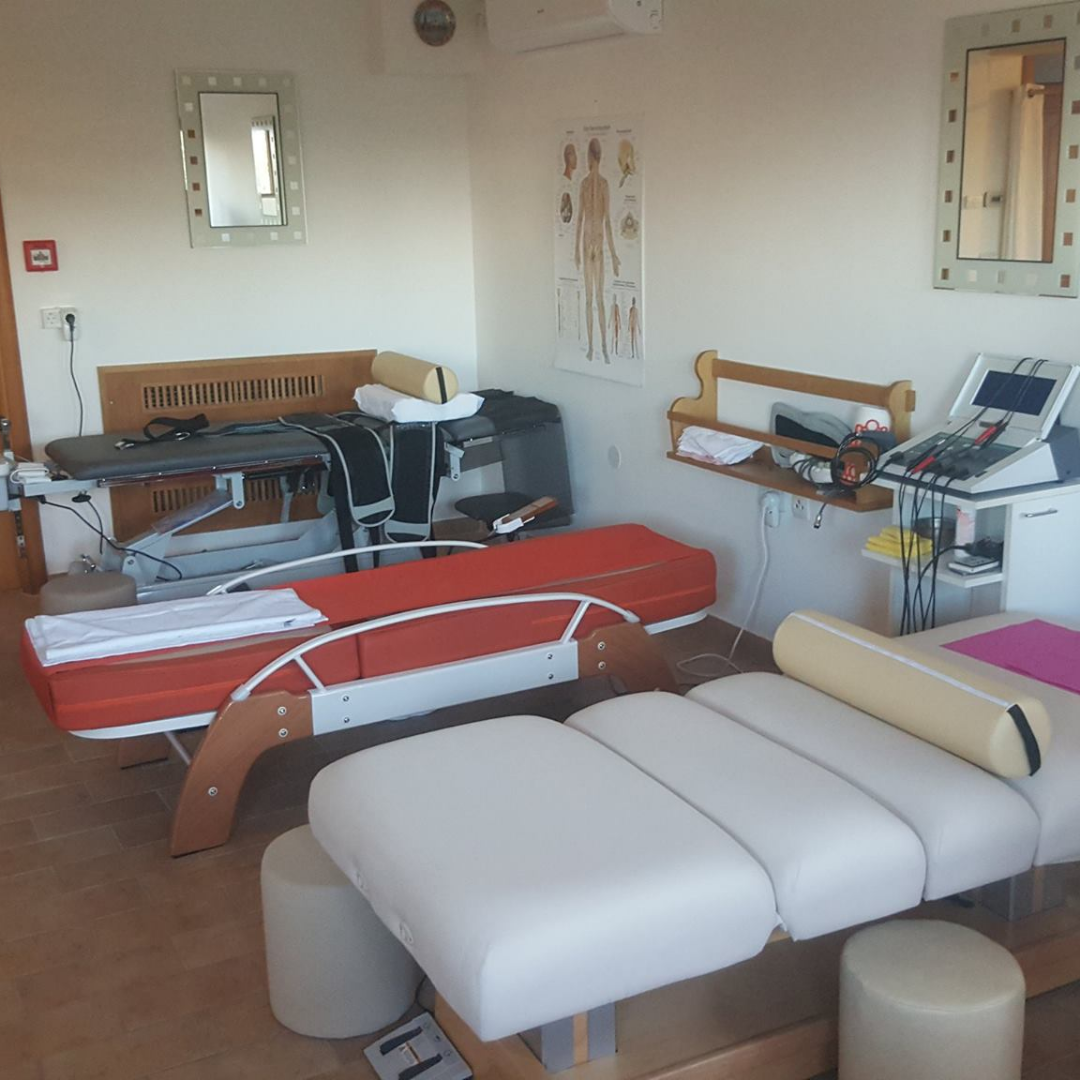Spine Care/Surgery


Spine Care Surgery Abroad
Many of us don't realize how much we use our backs, or how important spine care and health is for daily living until we somehow injure our backs in car accidents, while playing sports, or as the result of old lifestyles and living habits. The spine is a vital aspect of movement; without a spine, we would not be able to bend over and touch our toes, turn sideways, or anything - without a spine, we are rendered motionless.
The spine is the protective bony casing for the spinal cord, the nerve pathways that connect every part of the body with the brain. The spinal cord tells our muscles and bones how to move, to react to pain, to bend, twist, walk and wiggle our little finger. Spine care is essential for optimal health and fitness, but a multitude of injuries and disease processes can affect it.
Common Surgery for Spine Injuries and Conditions
Some spine injuries are caused by trauma, while others are caused by internally degenerative conditions that accompany age or some disease processes. They can include but are not limited to:
- Spinal Stenosis – (Spine stenosis surgery)
- Herniated disks
- Thinning or degenerative disks
- Pinched nerves
- Bone spurs
- Sciatica
- Spinal arthritis
Common Spine and Joint Care Surgical Treatments
Treatments and surgeries for spinal conditions and injuries will depend on the type of injury, the degree of severity, and options available for such injuries or disease processes. For instance, the approach to treatment for a spine afflicted with arthritis will differ from a treatment for a pinched nerve or a herniated disk. Dozens of spine care procedures and surgeries that treat a multitude of neck, back and spine problems are available today. Here are just a few:
Treatments for Spine Care may include:
- Cervical Procedures – (Cervical spine surgery, anterior cervical spine surgery)
- Cervical Endoscopic Discectomy
- Cervical Fusion
- Thoracic Spine Surgery Procedures
- Transthorasic Decompression
- Costotransversectomy
- Video Assisted Thoracoscopy Surgery (VATS)
- Lumbar spine surgery Procedures
- Thermal Annuloplasty
- Lumbar Endoscopic Discectomy
- Interspinous Process Decompression (X-STOP)
- Minimally Invasive Spine Surgery (MIS)
- Endoscopic spine surgery procedures
- Laserscopic spine surgery
Some of the most common treatments for spine care for conditions include:
- Spinal Fusion - joins two vertebrae together, which helps to reduce or eliminate movement or motion between vertebrae
- Lumbar Disc Replacement - replaces an injured or diseased disk in the lower back region
- Cervical Disk Replacement - replaces an injured or diseased disk in the neck region
- Laminoplasty - procedure that relieves compression of the spinal cord in the neck area of the spine
- Laminectomy - involves removing of the laminal (top or roof of a vertebrae) from the spinal column to allow more room for the spinal cord and nerves
- Laminotomy - involves trimming or removing some of the laminal from the spinal column

Benefits of Spinal Surgery
Multiple varieties of spinal surgery are done in different methods to treat multiple back symptoms. Out of the many, the micro spine surgeries, laser surgeries, minimally invasive surgeries, and traditional open-back surgeries are performed on patients suffering from more severe complications. Doctors apply several approaches of treatment depending on the unique condition of the patient to ensure the best possible outcomes.
Spinal surgery relieves pain and increases mobility in the patient. Thus, the patient gets the following benefits
- Gets to lead a better quality of life
- Be able to perform more activities for longer durations of time
- Gets improved physical fitness
- Better mood
- Fewer medications for pain
Successful spine surgery leads to fewer days missed at work and heals the patient completely to get an increased productivity. The patient finds a more energetic, active and pain-free life. The patient is motivated to take advantage of all the things life has to offer.
Who Benefits from Spine care Surgeries and Procedures?
Anyone suffering from pain or limited range of motion may benefit from spine care procedures and surgeries. However, your doctor will take many things into consideration before suggesting a specific treatment or surgery for spine procedure, such as age, weight, occupation, overall general health, and the benefits of a particular procedure or surgery.
Those suffering from low back pain, sciatica, injuries and deformities may benefit from spinal surgeries, but patients and individuals should realize that spine care surgeries always carry some risk. Always discuss these risks with your physician and chosen surgeon and make sure you understand both the risks and benefits and likely outcomes associated with any type of surgical procedure in regard to your particular case or expected outcomes.
In short, people experiencing the following conditions need to undergo a spine surgery:
- Degenerative disk disease in which the space between disks tends to become narrows and sometimes they rub together spaces
- Fracture caused to the spinal bone or broken spinal bone
- Scoliosis, where spine curves abnormally to one side
- Spinal stenosis, which is narrowing of the spinal canal)
- Spondylolisthesis (forward shifting of a spinal disk)
- Tumors or spine infection
Risks of Spinal Surgery
With the advances in medical science there are still a few complications experienced from surgery. However, one can avoid such risks by taking care of certain things like:
- Procedure chosen
- Expertise of the doctor
- Hospital faculties and facilities
- After-care
Taking care of such things, before, during, and after surgery, one can prevent the risks and reap the benefits associated with successful spine surgery.
Top risks include:
- Negative reaction to anesthesia
- Infection of the incision
- Bleeding or blood clots in the legs that makes its way into the lungs
- Heart attack or Stroke in rare occasion
- Recurrent disc herniation
- Damages to the nervous system
Contact us for more information on Spine Care Surgery Abroad!
By: PlacidWay,
.png)




-(1).png)

.png)
-(1).png)
